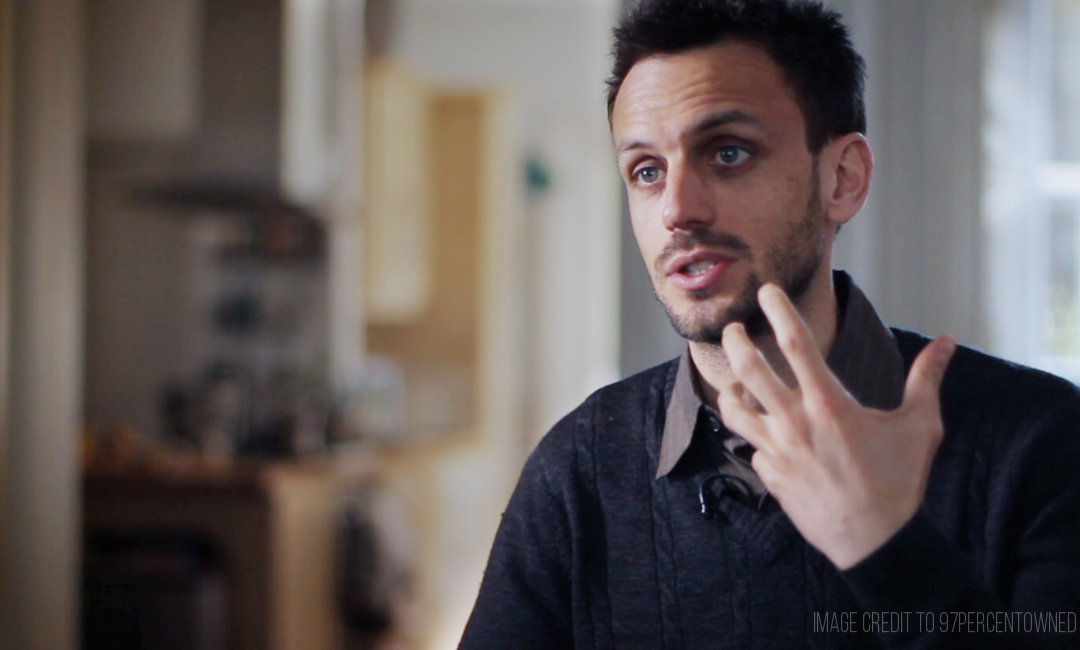Speaking at the European Parliament, economist Josh Ryan-Collins urged policymakers to take a deeper look at the role of central banks in implementing a sustainable financial system.
In January 2018 the European Commission’s High Level Expert Group (HLEG) published a report on sustainable finance outlining a series of proposals for the European financial sector to mitigate climate change. Following up with this report the European Parliament has also started an initiative report led by MEP Molly Scott-Cato which aims to deepen the HLEG recommendations.
In this context, economist Josh Ryan-Collins was invited to speak at a Parliamentary hearing on February 21st 2018 where he provided his input on where the EU’s focus should be: the role of money creation by private banks and central banks – a topic repeatedly omitted from the ongoing discussions on sustainable finance.
Josh Ryan-Collins reminded the audience that ‘banks create around 97% of all new money in the economy and if we are going to face up to the scale of the transition, then that has the to be central fact we take notice of.’
‘One of the key lessons from the crisis is that the idea that if you leave markets alone they will make efficient optimizing decisions is no longer credible.’ Ryan-Collins said. In fact, ‘[commercial] banks left on their own are prone to speculative investments and bubbles.’
Ryan Collins also stressed that climate change threatens the stability of the financial system in a similar fashion that the creation of real estate bubbles had systemic risks before the great financial crisis.
Addressing the massive challenge of climate change will therefore require a more ambitious approach than what is currently being discussed at the EU level. Josh Ryan-Collins advocates the ECB should play a stronger role in supporting a sustainable finance system. This can take a number of forms:
- Green macroprudential policies where systemic risk of certain economic sectors is reviewed, leading to higher capital requirements for more climate-risky loans and assets.
- Green credit guidance providing a pro-active incentive for banks to lend more to the green sector;
- Incorporating sustainability criteria into quantitative easing, to ensure the ECB is not favoring carbon-intensive sectors and assets through its programme
You can watch the speech here:
What is needed is ‘preemptive action’ by one of the most powerful actors in the European banking system: the European Central Bank.

